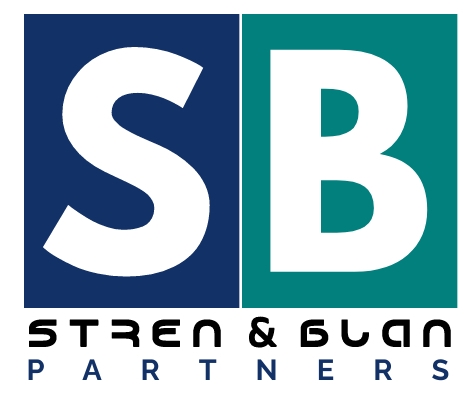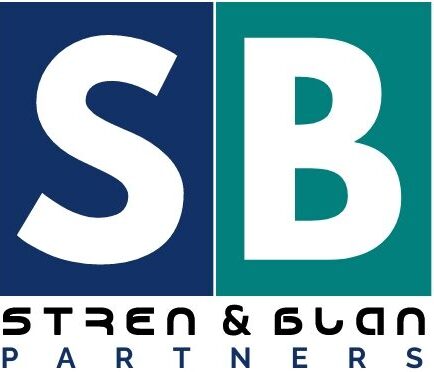LEGAL FRAMEWORK FOR CORPORATE INSOLVENCY IN NIGERIA
Corporate Insolvency is said to be triggered when inter alia a company is unable to pay a predefined debt threshold when it becomes due. This predefined threshold is usually set by Law orthe principal regulatory body governing business activities in a nation, which, in Nigeria, is the Corporate Affairs Commission (hereinafter CAC or the Commission).
Nigeria, in 2020, repealed the then primary corporate legislation of the country — the Companies and Allied Matters Act, 1990 and replaced it with a new law — the Companies and Allied Matters Act, 2020 (CAMA 2020).
Signed into law by former President Muhammadu Buhari, the progressive nature of the law was hailed by several stakeholders in the corporate industry, especially as it provided extensively for the demands of modern businesses against the backdrop of CAMA 1990, which had long become obsolete.
Under Section 571 of CAMA 2020, a list of instances in which winding-up proceedings may be commenced against a company was provided for, one of which is the inability of the company to pay its debts. Winding-up proceedings are proceedings which bring the life of a company to an end, as was the view of the Niki Tobi, JSC, in the case of AG LAGOS STATE v. EKO HOTELS LTD & ANOR.
It is instructive to note that with respect to winding up, there are similarities under both the CAMA 2020 and CAMA 1990, especially with respect to the ways through which a Company may be wound up. Thus, under both legislations, a company may be wound up by the Court, voluntarily by its members, or subject to the supervision of the Court.
The discussion in this article is, however, focused on the insolvency threshold for the compulsory winding up of a company by the Court under section 571. Both CAMA 2020 and CAMA 1990 provide that the Court may order the winding up a company that is unable to pay its debt.
The point of difference between both provisions lies in their definition of a company being ‘unable to pay its debts.’
Section 572(a) of CAMA 2020 provides that a company is deemed unable to pay its debts if:
“A creditor, by assignment or otherwise, to whom the company is indebted in a sum exceeding N200,000 (Two Hundred Thousand Naira only), then due, has served on the company, by leaving it at its registered office or head office, a demand under his hand requiring the company to pay the sum due, and the company has for three weeks thereafter neglected to pay the sum or to secure or compound for it to the reasonable satisfaction of the creditor”.
On the other hand, section 409(a) of the repealed CAMA 1990 provides a threshold of ‘ N2,000 (Two Thousand Naira).’ That is, under the precepts of the old CAMA, a creditor who is owed a sum of at least 2,000 is entitled to apply to the court for a winding-up order of the debtor company. However, the new CAMA 2020 upscales this threshold to N200,000 (Two Hundred Thousand Naira) to measure up with the economic realities of the times.
THE REGIME UNDER THE BUSINESS FACILITATION ACT 2023
Barely 3 years after the enactment of CAMA 2020, an even newer Act — The Business Facilitation Act 2023 was enacted. This is an Act which was enacted to provide quick wins by amending 21 legislations aimed at expelling bottlenecks burdening business activities in Nigeria.
Enacted by former President Muhammadu Buhari, the Business Facilitation Act, 2023 (BFA), in its section 19, specifically amended the threshold for insolvency of companies in Nigeria by substituting the expression “a sum exceeding N200,000” for “a sum to be determined by a regulation issued by the Commission”.
By the above amendment, the BFA 2023 effectively removed the threshold for corporate insolvency in Nigeria from the provisions of CAMA 2020 and left the determination of same to the discretion of the Commission which would be stated in a Regulation.
In our opinion, the BFA 2023 suggests a commendable innovation such that the country’s economic realities will ideally determine corporate insolvency as will be reflected from time to time in the Regulations issued by the Commission.
However, one would reasonably assume that following the enactment of the BFA 2023 and the provisions of section 19 thereof, the CAC would have promptly issued a Regulation setting the threshold for Corporate Insolvency. However, the BFA has been in operation for about seven months now, and the Commission has failed to issue any Regulation specifying the corporate insolvency threshold.
The practical implication of this lacuna in the Law is that where a creditor files an action for the winding-up of a Company on the grounds that the Company is indebted to it, such a Company may file an objection on the grounds that there is currently no threshold set under the Law for such an action to be maintained against it and as such, argue that the Suit is incompetent.
BEST PRACTICES
This existing lacuna in the corporate insolvency threshold in Nigeria stands inconsistent with what is obtainable as global best practices. For instance, in the United Kingdom, there is certainty as to the corporate insolvency threshold. Thus, the Corporate Insolvency and Governance Act, 2020 (which was enacted as a palliative measure to protect Companies from the effects of the Coronavirus pandemic by limiting their exposure to winding up proceedings), had temporarily increased threshold for corporate insolvency in the United Kingdom to £10,000.However, with the removal or expiry of the temporary restriction on March 31 2022, the threshold for corporate insolvency reverted to the pre-Covid position under Section 123 of the Insolvency Act – which is to the effect that a company is deemed as unable to pay its debts in a case where the company, after three weeks of demand by a creditor, fails to pay its debts in the sum exceeding £750.
The situation in Ghana is similar as Section 83(5)(a) of the Corporate Insolvency and Restructuring Act, 2020, pegs the threshold for corporate insolvency at the Company’s inability or failure to pay its debts in the sum of ten thousand currency points when same is demanded by a creditor to whom the company is indebted.
Conclusion and Recommendation
In view of the above points, there is an urgent need for theCommission to build on the foundation laid by the BFA 2023 and issue a Regulation prescribing the threshold for corporate insolvency in Nigeria. This would infuse certainty in insolvency practices in Nigeria.

